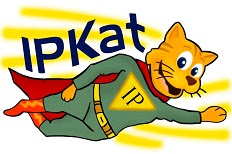
México: Nuevas medidas para evitar Importación de Piratería
A partir del 25 de julio de 2014, todos los importadores que ingresen mercancía a México deberán indicar si los productos ostentan alguna marca registrada y si se tienen los derechos de marca o si están autorizados a su uso.
Esta nueva medida se exige desde la entrada en vigor de la Décima Segunda Resolución de Modificaciones a las Reglas de Carácter General en Materia de Comercio Exterior para 2013, con la que se incorporan cambios a los formatos de pedimento de importaciones.
Estas modificaciones, según expertos en propiedad intelectual, ayudarán tanto a las autoridades aduaneras a identificar de forma eficiente mercancía legal y, de esta forma, optimizar su despacho, así como también servirá de barrera para quienes pretendan importar mercancías falsificadas.
Con estas nuevas reglas será más fácil para la autoridad aduanera identificar aquellas mercancías que puedan estar violando derechos de propiedad industrial, concretamente marcas registradas, y contribuirá a tener una correcta identificación de mercancías.
No obstante, si bien, las reglas recientemente reformadas facilitan únicamente la detección de mercancías infractoras, todavía se necesitará la actuación de la autoridad competente, ya sea el IMPI o la PGR, previa denuncia o solicitud del titular o representante de la marca afectada, lo que aún dificulta el proceso de combate a la importación de mercancías.
El texto completo de las modificaciones
puede consultarse aquí.


















